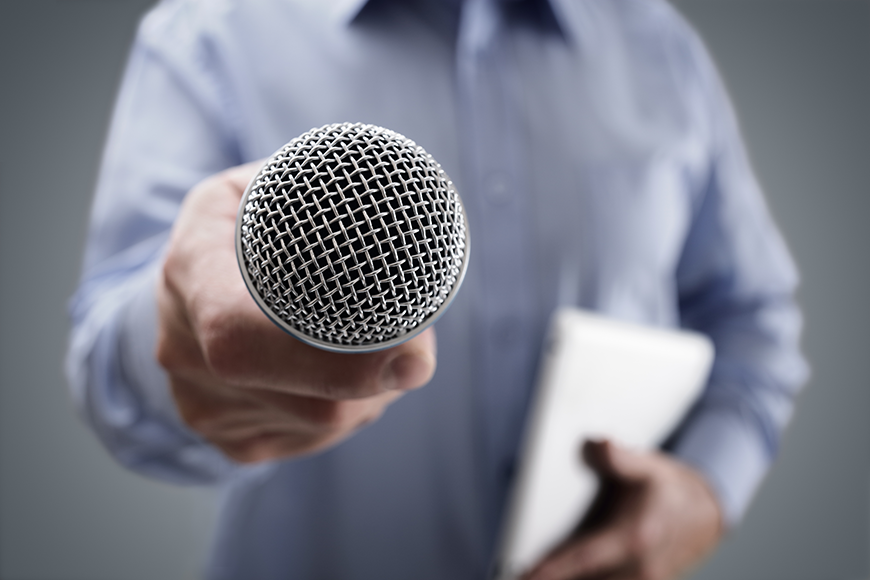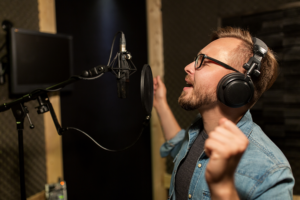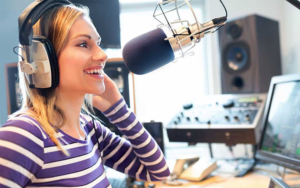Which Microphone Should I Prefer for Voice Over?
The art of voice-over is highly dependent on the quality and professionalism of the voice. A good voice actor should work with the right equipment as well as their skills. The most critical component of this equipment is microphones. There are various types and models of microphones on the market, and choosing the right microphone can make a big difference in terms of clarity, detail and overall quality of the sound. So, which microphone should you choose for voiceover? In this article, we’ll take a comprehensive look at everything from microphone types to the factors you need to consider.
Microphone Types and Features
1-) Condenser Microphones
Condenser microphones are often preferred by voice actors because they provide sensitivity and wide frequency response in voice recordings. These microphones are known for their ability to capture all the details of sound and are therefore widely used in studio environments. Condenser microphones require phantom power (48V) and are generally recommended for indoor use. Recommended Models:
– Neumann U87: Known for its high quality sound recording and wide dynamic range. Frequently used in professional voice-over studios. – AKG C414: A versatile microphone with a variety of polar patterns to suit different recording needs.
2-) Dynamic Microphones
Dynamic microphones are known for their more durable and portable nature. They can withstand high sound pressure levels and are often preferred for live performances or in noisy environments. Dynamic microphones are less sensitive than condenser microphones, but this can be advantageous for some applications. Recommended Models:
– Shure SM7B: A popular choice for radio broadcasts and podcasts. Offers high sound pressure levels and excellent sound isolation. – Sennheiser MD421: An omnidirectional microphone, suitable for both vocal and instrumental recordings.
As a result, when choosing a microphone for voiceover, you need to consider factors such as sound quality, intended use and budget. As Mehmet Yankı Yönel, I recommend professional microphones to achieve the best results in your voice-over projects with years of experience.
Factors to Consider When Choosing a Microphone
1-) Sound Quality
Sound quality is the key to success in voice-over projects. The frequency response of a microphone determines how natural and clear the sound is. Microphones with a wide frequency range can better capture all the details of the sound. Therefore, it is important to choose a microphone that can capture all the nuances of the voice when doing voice-over. 2-) Intended Use
The intended use of the microphone is also an important factor in the selection. For example, condenser microphones are generally preferred for professional voice-over projects, while dynamic microphones may be more suitable for stage performances or outdoor shooting. 3-) Budget
Microphones come in a wide range of prices and there are options for every budget. There are affordable microphones for beginners, while there are more expensive options at the professional level. When setting your budget, you should consider the contribution the microphone can make in the long run.
Microphone Accessories
As important as microphones are the accessories to enhance their performance:
– Pop Filter: Softens the sound, especially for explosive sounds (such as p, b, t) and provides a cleaner recording. – Shock Mount: Minimizes vibrations and unwanted noise, resulting in a cleaner sound recording. – Microphone Stand: Keeps the microphone stable, resulting in consistent sound recording.
Microphone Care and Protection
Microphones require regular maintenance to prolong their life and always get the best performance. It is important to protect the microphone from dust, moisture and shock. Condenser microphones, in particular, should be handled with care as they are more sensitive.




